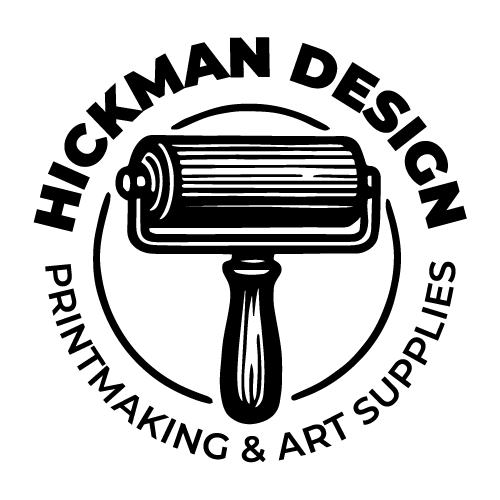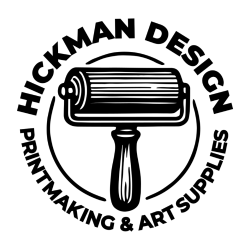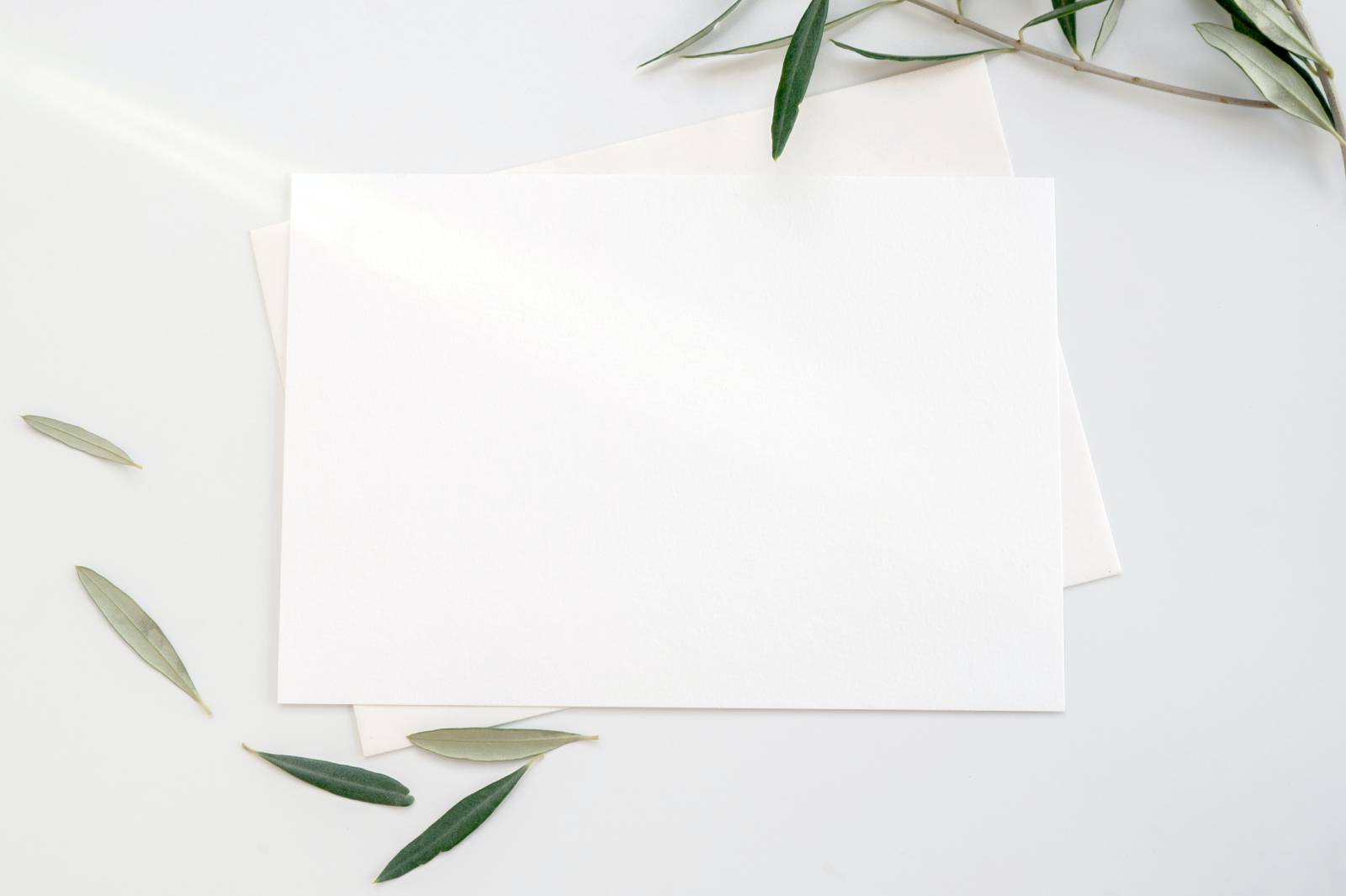Paper sizes are an essential aspect of printing and designing, and different countries have varying systems of paper sizes. In this article, we will discuss the various paper sizes used around the world, highlighting their differences and common uses.
Table of Contents
Why Do We Have Paper Sizes?
In the early days, paper sizes were arbitrary and varied from one country to another. In the 19th century, a standard system of paper sizes was introduced in Europe, which was eventually adopted globally. The most popular system of paper sizes is the ISO 216 standard, which is widely used across the world.
ISO Paper Sizes
The ISO paper size system is based on the metric system, with the standard A series being the most widely used. The A series starts with A0, which measures 841 x 1189 mm. Each subsequent size is half the area of the previous size.
Paper Size Comparison Table
To help illustrate the differences between the various paper sizes, here is a comparison table:
| Size | Measurements (mm) | Measurements (in) | Common Uses |
|---|---|---|---|
| A0 | 841 x 1189 | 33.1 x 46.8 | Large posters, architectural drawings |
| A1 | 594 x 841 | 23.4 x 33.1 | Posters, flip charts, presentation boards |
| A2 | 420 x 594 | 16.5 x 23.4 | Large drawings, diagrams, calendars |
| A3 | 297 x 420 | 11.7 x 16.5 | Sketches, technical drawings, brochures |
| A4 | 210 x 297 | 8.3 x 11.7 | Letters, documents, forms, flyers, notepads |
| A5 | 148 x 210 | 5.8 x 8.3 | Booklets, pocket-sized notebooks, invitations |
| A6 | 105 x 148 | 4.1 x 5.8 | Postcards, small invitations, notecards |
| A7 | 74 x 105 | 2.9 x 4.1 | Small notecards, labels, business cards |
| A8 | 52 x 74 | 2.0 x 2.9 | Small notecards, tickets, raffle cards |
| A9 | 37 x 52 | 1.5 x 2.0 | Small notecards, tickets, raffle cards |
| A10 | 26 x 37 | 1.0 x 1.5 | Small notecards, tickets, raffle cards |
| B0 | 1000 x 1414 | 39.4 x 55.7 | Posters, banners, large artworks |
| B1 | 707 x 1000 | 27.8 x 39.4 | Large drawings, posters, flip charts |
| B2 | 500 x 707 | 19.7 x 27.8 | Large diagrams, wall calendars, artworks |
| B3 | 353 x 500 | 13.9 x 19.7 | Magazines, catalogs, brochures |
| B4 | 250 x 353 | 9.8 x 13.9 | Books, manuals, large brochures |
| B5 | 176 x 250 | 6.9 x 9.8 | Books, manuals, notebooks, small brochures |
| B6 | 125 x 176 | 4.9 x 6.9 | Notecards, postcards, small books |
| B7 | 88 x 125 | 3.5 x 4.9 | Small notecards, tickets, tags |
| B8 | 62 x 88 | 2.4 x 3.5 | Small notecards, labels, tags |
| B9 | 44 x 62 | 1.7 x 2.4 | Small notecards, labels, tags |
| B10 | 31 x 44 | 1.2 x 1.7 | Small notecards, labels, tags |
SRA Paper Sizes
In addition to the standard paper sizes, there are also SRA paper sizes which are commonly used in the printing industry. SRA stands for “Supplementary Raw Format A”, and the sizes are slightly larger than their corresponding A size. The extra size allows for printers to have bleed and trim areas.
Here is a comparison table of the standard A paper sizes and their corresponding SRA sizes:
| Size | Standard A Measurements (mm) | SRA Measurements (mm) | Standard A Measurements (in) | SRA Measurements (in) |
|---|---|---|---|---|
| A0 | 841 x 1189 | 900 x 1280 | 33.1 x 46.8 | 35.4 x 50.4 |
| A1 | 594 x 841 | 640 x 900 | 23.4 x 33.1 | 25.2 x 35.4 |
| A2 | 420 x 594 | 450 x 640 | 16.5 x 23.4 | 17.7 x 25.2 |
| A3 | 297 x 420 | 320 x 450 | 11.7 x 16.5 | 12.6 x 17.7 |
| A4 | 210 x 297 | 225 x 320 | 8.3 x 11.7 | 8.9 x 12.6 |
| A5 | 148 x 210 | 160 x 225 | 5.8 x 8.3 | 6.3 x 8.9 |
| A6 | 105 x 148 | 113 x 160 | 4.1 x 5.8 | 4.4 x 6.3 |
| A7 | 74 x 105 | 80 x 113 | 2.9 x 4.1 | 3.1 x 4.4 |
| A8 | 52 x 74 | 56 x 80 | 2.0 x 2.9 | 2.2 x 3.1 |
| A9 | 37 x 52 | 40 x 56 | 1.5 x 2.0 | 1.6 x 2.2 |
| A10 | 26 x 37 | 28 x 40 | 1.0 x 1.5 | 1.1 x 1.6 |
It’s important to note that while the SRA sizes are slightly larger than their corresponding A sizes, they are primarily used in the printing industry for the purposes of bleed and trim areas. For most standard printing and design projects, the standard A sizes will suffice.
Conclusion
In conclusion, paper sizes play an important role in printing and designing, and it is essential to understand the differences between them. Whether you are printing documents, creating artwork, or designing posters and banners, choosing the right paper size is crucial to achieving your desired outcome. Understanding the differences and common uses of various paper sizes can help you make informed decisions and ensure the success of your project.








